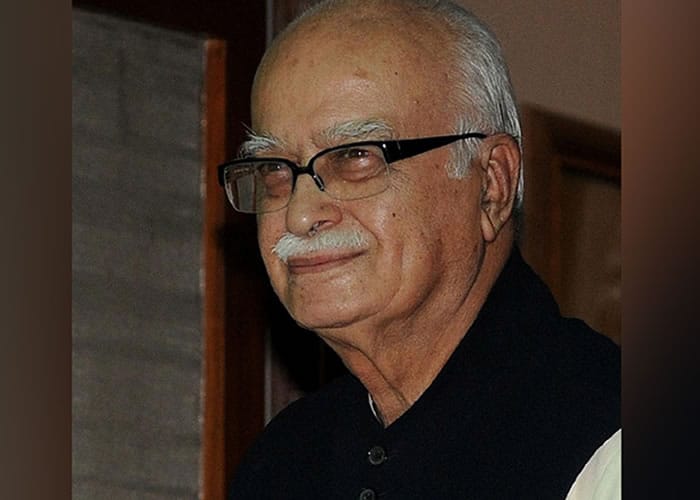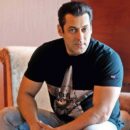Advani in Ayodhya: Conspicuous by his absence

Last updated on February 14th, 2023 at 01:01 pm
The veteran BJP leader, who was one of the prime movers of the Ram Jhanmabhoomi movement, never got to enjoy the fruits of his labour.
The groundbreaking ceremony for the long-awaited and controversial Ram temple in Ayodhya is set for August 5. Prime Minister Narendra Modi is among the only 50 other VIPs invited for the high-security event and with the laying of the 40 Kg silver foundation stone, he will forever be remembered as the man who brought to a close the communal flashpoint that defined a whole generation. But the man who started it all will be conspicuous by his absence. Lal Krishna Advani.
In the 90s, LK Advani was the face of the movement calling for a temple in the Ram Janmabhoomi upon which Babri Masjid stood. He traversed the country canvassing for it and left a trail of riots in his wake. And finally, on December 6, 1992, he was at the site as hundreds of saffron-clad men razed the 16th Century mosque to the ground. He won’t be there come August 5 (except perhaps by video conference) to see the fruition of his work.
The Ram Mandir catalysed politics for nearly three decades and will be on the resume many right-wing political careers. It was one of the key poll promises of BJP and the Supreme Court’s verdict last November, which asked the site to be handed over to a trust that will oversee the construction of a temple, was a major win for Hindutva forces. But Advani’s own political ambitions were never fulfilled.
Instead, at 92 years of age, he is still having to defend himself in the ongoing Babri Masjid demolition case. He stands accused of making incendiary speeches that day that fired up the mob into demolishing the mosque. A week ago, he deposed before a special judge hearing the case and sat for nearly four hours to answer more than 1000 questions, pleading his innocence.
Read: Why Work From Home Strategy Is Working Best For India?
In the 90s, Advani was the hero of hardline Hindus everywhere. Already deputy PM under Vajpayee’s government, he was priming himself for the top job in the country. But with the dawn of the millennium, and in the face of BJP’s massive electoral defeat, he began to soften his stance. This was perhaps his undoing. The emergence of more hardline leaders in the party, who were even more vociferous and unyielding about the Hindutva agenda began to overshadow him, eventually relegating him to obscurity. Only to be fleetingly remembered during special occasions.



